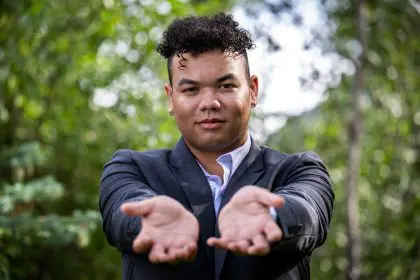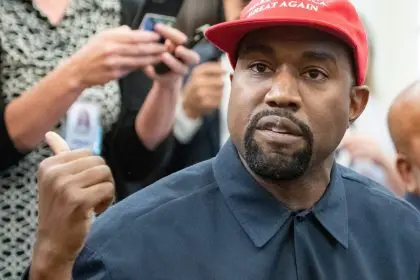 In a perfect world, Jesus “Chuy” Garcia would be the hands-down favorite to win Chicago’s 2015 mayoral election. If Harold Washington could rep a community-based, citywide Black/Brown coalition, then Chuy Garcia could do the same. At the age of 58, this year marks his 50th year of living in the city of Chicago. As a child, his family followed his father from Mexico to Chicago in search of opportunities and better living conditions. They initially settled in the Pilsen neighborhood and later relocated to Little Village. From there, he began to experience life as most immigrants and people of color did: he worked in the factories, battled institutional racism and poverty, and had a love-hate relationship with Chicago’s burgeoning street organizations, all while doing the best he could for his wife and growing family.
In a perfect world, Jesus “Chuy” Garcia would be the hands-down favorite to win Chicago’s 2015 mayoral election. If Harold Washington could rep a community-based, citywide Black/Brown coalition, then Chuy Garcia could do the same. At the age of 58, this year marks his 50th year of living in the city of Chicago. As a child, his family followed his father from Mexico to Chicago in search of opportunities and better living conditions. They initially settled in the Pilsen neighborhood and later relocated to Little Village. From there, he began to experience life as most immigrants and people of color did: he worked in the factories, battled institutional racism and poverty, and had a love-hate relationship with Chicago’s burgeoning street organizations, all while doing the best he could for his wife and growing family.
He got involved in community organizing in his mid 20s, forming a friendship and lifetime bond with Rudy Lozano, with both of them playing an instrumental role in creating a Black/Brown community base that helped elect Mayor Harold Washington in 1983. After Lozano’s assassination by a young gang member, Garcia continued the work, finding himself as one of Mayor Washington’s most trusted allies. Garcia eventually was elected as an alderman after serving in city departments as the eyes and ears of the city’s first Black mayor.
Friends and associates alike laud his commitment to the common man and woman, seeing him as a forthright, active, and progressive voice for the 99 percent. Today he serves as a commissioner for Cook County’s 7th District, where he chairs the Real Estate and Business and Economic Development Committee, as well as the Criminal Justice Committee. The fight for human rights has long been his platform, as evidenced by his continued work on behalf of the immigrant population and his political commitments to quality education and safe, affordable housing for residents throughout Chicago and Cook County.
Entering the campaign at the behest of his friend and ally, Karen Lewis, Garcia has gotten a late start in what still could be a promising unity effort among two of Chicago’s three dominant ethnic communities. In a world where race drives a wedge between individual and collective political interests, Garcia has enough history working with Chicago’s Black community, and enough support in the Mexican community, to have forged a unity movement that could be the model for an effective inter-ethnic political apparatus capable of cutting through stereotypes to deal with the issues of race and class that affect what has been termed the minority populations. In Chicago, those populations are not minorities, and everybody in the game of politics knows it.
Progressive Whites support Garcia because of his humility, commitment to fairness, and his longstanding allegiance to the underdog, which should be attributed to the fact that he has always been an underdog himself. In next week’s election, Chicago’s voters will tell the tale of whether the underdog is able to pull off the upset.
Visit www.chicagoforchuy.com for a look at his platform.















